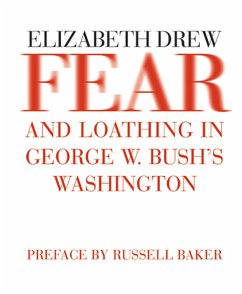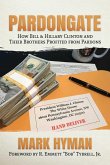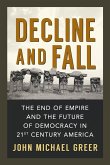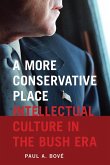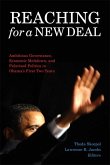Many Democrats in the Senate are fearful of George W. Bush and "his unscrupulous political strategist, Karl Rove," writes Elizabeth Drew. The House, meanwhile, is run by Republican Whip Tom DeLay, "the mean-spirited partisan from Texas" who has polarized the chamber along party lines. How did we get to this point under a president who ran on a promise to unite rather than divide, and how has our government been affected? Elizabeth Drew's answers to these questions begin by exposing the cynicism of the Bush presidential campaign, orchestrated by Rove. She also reveals the deep division between the neocons in the Defense Department and the realists in the State Department. The controversy between the two camps, she finds, has "brought out bitterness and knife-wielding of a sort that Washington has seldom seen." The result, she concludes, is that "the increasing unwillingness to compromise is not only blocking legislation but, it is not overdramatic to say, is subverting fundamental concepts of democracy." Russell Baker in his preface writes: "In Washington an age of moral and philosophical sterility is deeply entrenched, and as Elizabeth Drew's reporting attests, the result is not pretty .... Since [the end of the cold war] government has seemed to be mostly about raising money to get elected, and then reelected repeatedly in order to service those who put up the money. There is no moral urgency in it, no philosophical imperative at work."
Hinweis: Dieser Artikel kann nur an eine deutsche Lieferadresse ausgeliefert werden.
Hinweis: Dieser Artikel kann nur an eine deutsche Lieferadresse ausgeliefert werden.

